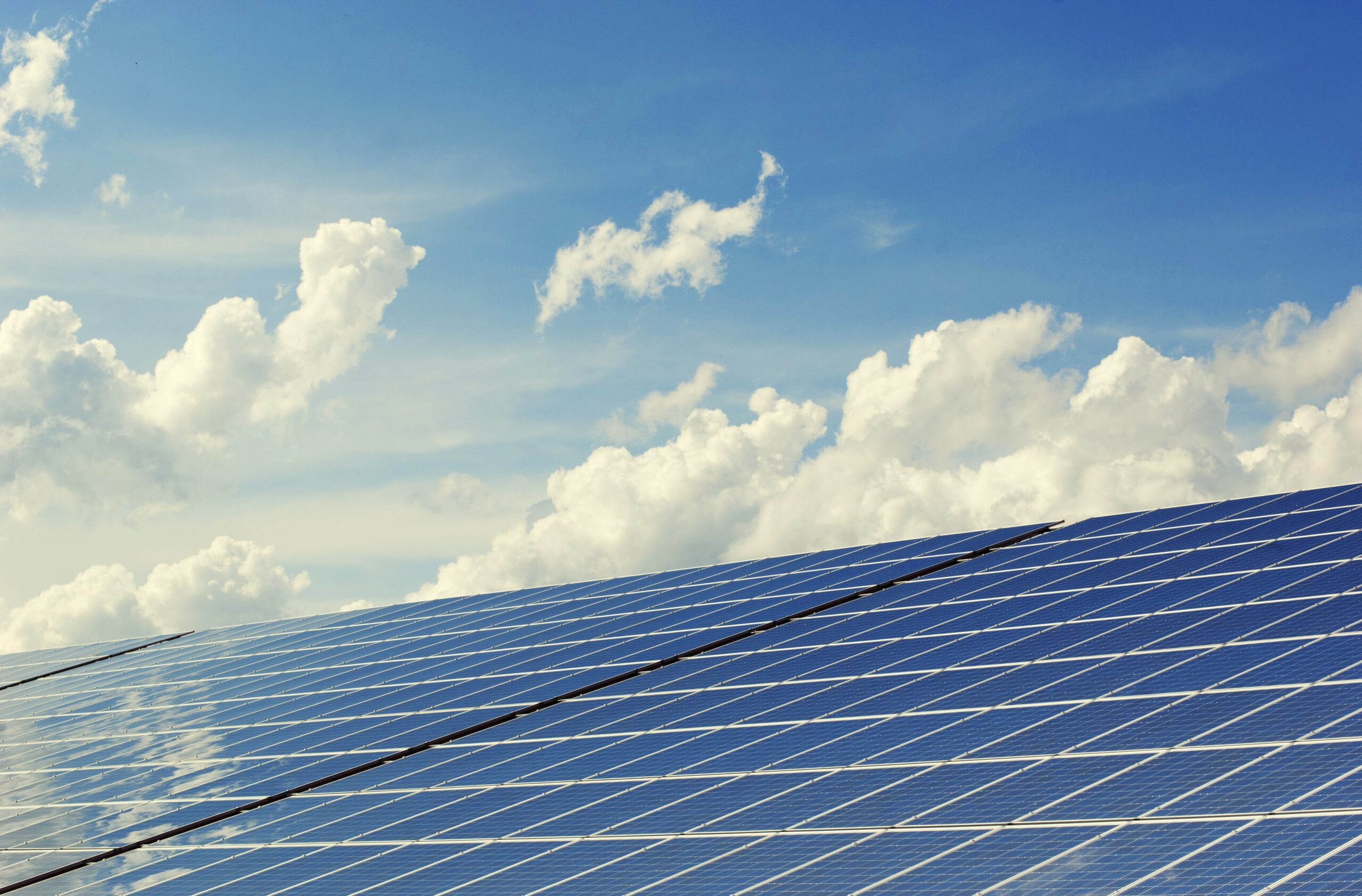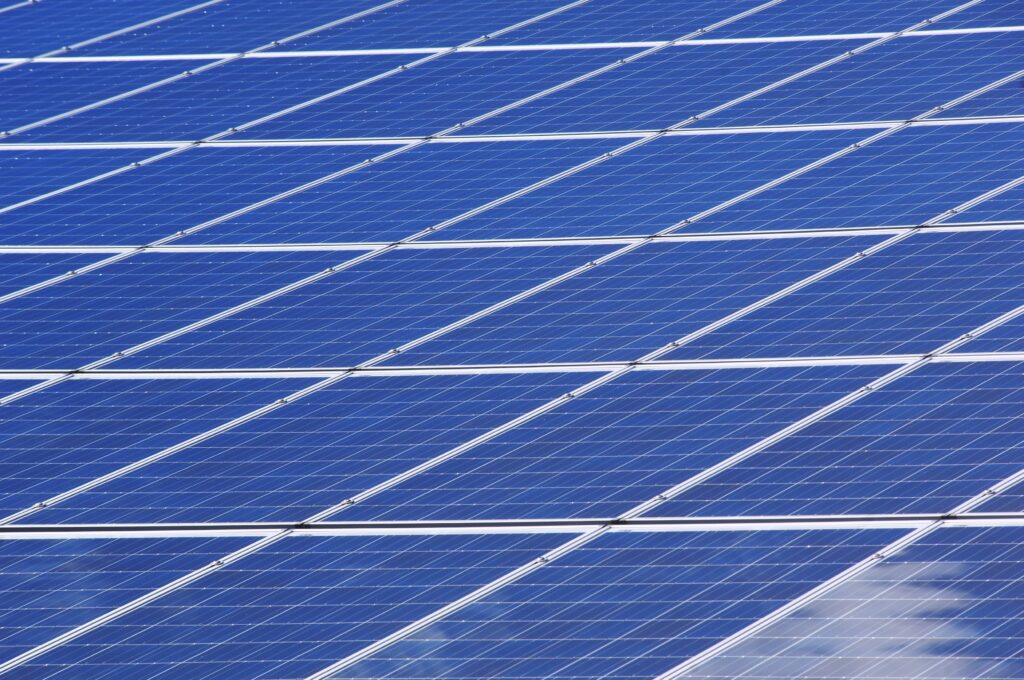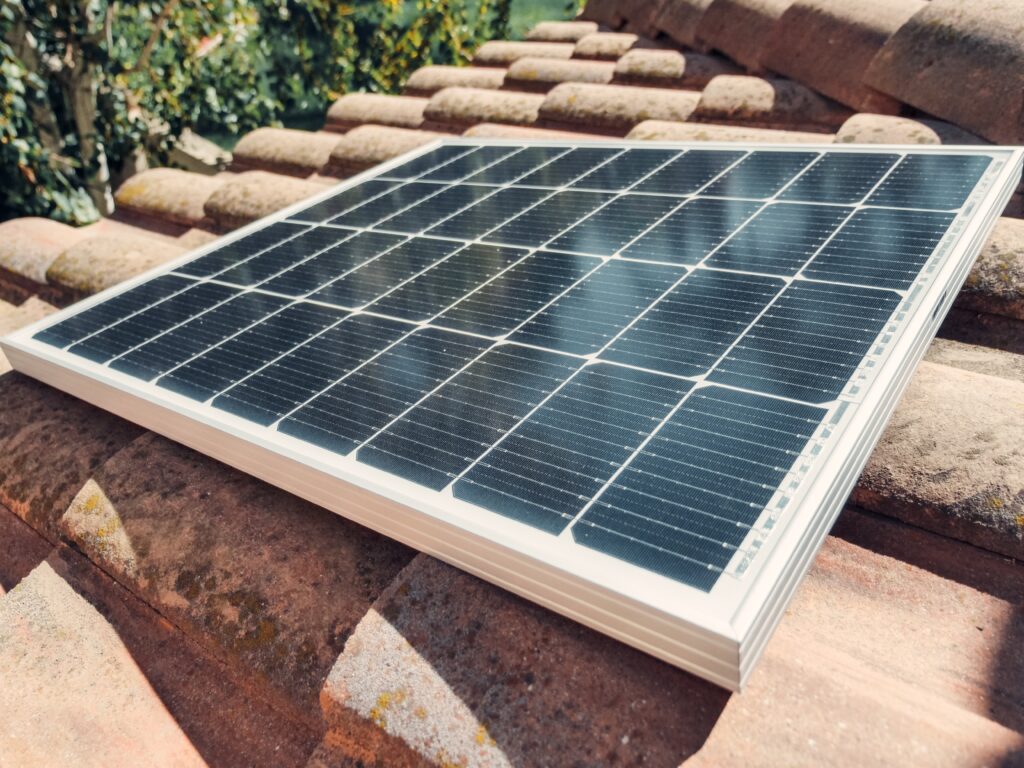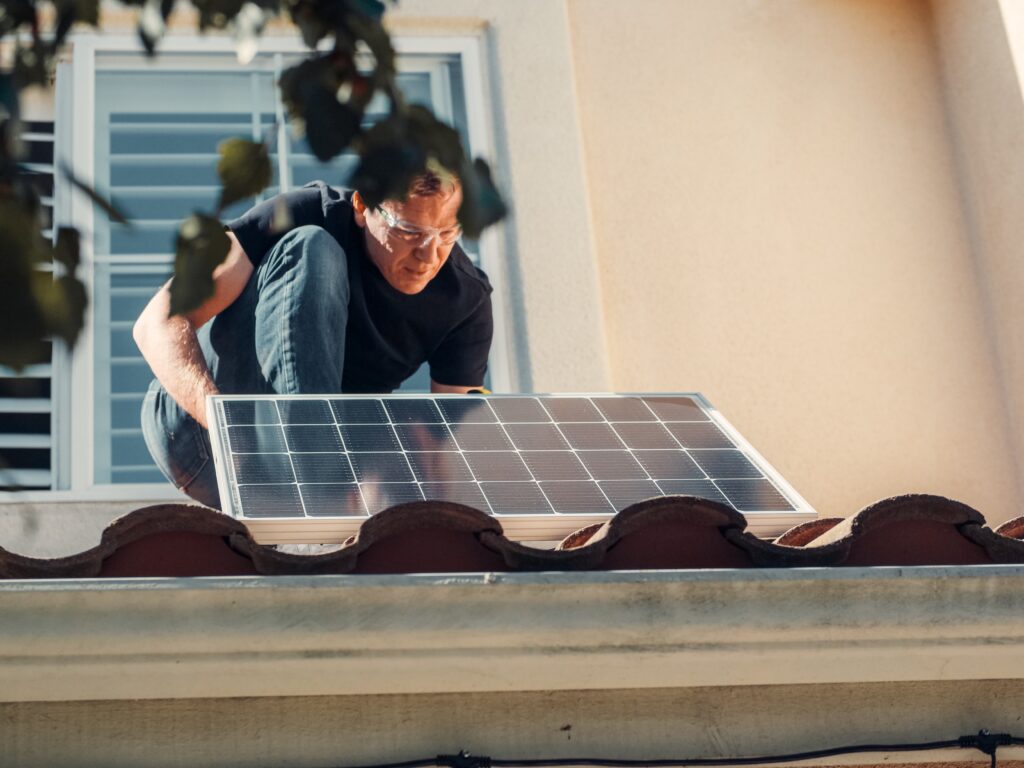
Generally speaking, when someone says living off the grid, they typically mean residing outside the city.
Whether you’re alone or in a community, people usually go off the grid in remote places. However, being off the grid in an urban environment is possible if you know what you’re doing. So, you can have all the benefits and amenities of living in a city while being self-sufficient. As a bonus, you save money in the long run because of your self-sufficiency. All it takes is some investment, a bit of know-how, and patience. For example, an off the grid solar system is an excellent choice. So, to help you achieve this, we’ve put together a list of 6 ways to live off the grid in the city, and we hope it helps you out.
1. Install off-grid solar panels
The first and easiest way to live off the grid in the city is to install solar panels. That is because solar panels are the most accessible way to create electricity, which is a big part of going off the grid. Depending on how much electricity you spend daily, a decent off the grid solar system can power your home entirely. Of course, the more electricity you use, the larger the investment will have to be. Regardless, the easiest way to get off-grid electricity into your home is by using ground-mounted solar panels and taking good care of them. The exact efficiency of your solar panels is also affected indirectly by where you live. If you live somewhere, that doesn’t see a lot of sunlight. Your solar panels won’t be as effective. Also, keeping them maintained is very important.

2. Install a rainwater gathering system
The second big part of going off the grid is setting up a way to get water. Realistically speaking, the only way to do this in the city is to gather rainwater. These systems can vary from simple rain barrels to very complicated systems which span the entire home. Not all rainwater collecting systems are viable in every home, so we recommend looking into the details yourself. Research is the most significant part of getting one of these systems up and running. The main two variations, however, are “wet systems,” which keep the water in the pipes after the rain stops, and “dry systems,” which don’t.
Additionally, experts from maximusmovingdfw.com note that these systems can be complicated to move. As a result, if you plan on moving out sometime soon, you should prepare for this. Alternatively, you can wait until you’re in the new home before installing one.
3. Set up solar batteries
One essential part of an off the grid solar system is a battery system. These batteries will gather all the electricity you don’t end up using and save them up for later. These batteries are vital to getting a fully self-sufficient solar panel system. With batteries, your solar panels can keep your home fully powered through overcast days and the night. There is a common myth that solar panels can’t fully power a house which is, needless to say, completely untrue. With a decent solar battery system, you can easily fully power your home with only solar panels. Of course, the exact size of the system required depends on how much electricity you use and where you live, as we already mentioned. But these issues are offset easily with a little bit of thinking and solar batteries, so don’t forget to install one.

4. Put together a garden and grow your food
That might not be an option for everybody as it takes up quite a bit of space, but setting up a garden in your home is excellent for going off the grid. If you have either a yard or a room to dedicate to it, a garden can comfortably meet your needs when it comes to food. The exact size of the garden depends on how many people live in the home. Additionally, you’ll need to plan and research to determine which plants are the best choice for where you live. After all, not every plant can grow in every climate. And if you’re planning to move into a new home, make sure you reach out to experts in relocation. Your local movers might be unable to move everything in your home after all. So, ensure you ask all the right questions when talking to them.
5. Invest in a solar inverter
Solar panels create DC (direct current) electricity by themselves, so they need a converter to turn it into AC (alternating current) electricity. The electrical systems in our homes exclusively use AC, so a solar inverter is essential. Now, solar panel systems include a solar inverter by default, but if you want to live off the grid, you’ll want to invest in a better solar inverter. Also, before you commit, looking into how solar systems work in general is a good idea.

6. Install a wood-burning stove
If you want to live off the grid, you won’t have access to gas. That means that, when it comes to stoves, your only real option is a wood-burning stove. That also comes with the added responsibility of ensuring you have what you need to start a fire. Additionally, consider buying an eco-friendly wood burner to reduce emissions.
6 ways to live off the grid in the city – wrap up
Contrary to popular belief, living off the grid in the city is completely possible. All it takes is some planning and research, and you’ll be able to go completely off-grid and enjoy city amenities while having a fully self-sufficient home. All in all, this is a dream scenario for a lot of people. We hope that this list of 6 ways to live off the grid in the city helps you out, and we wish you a good day.
